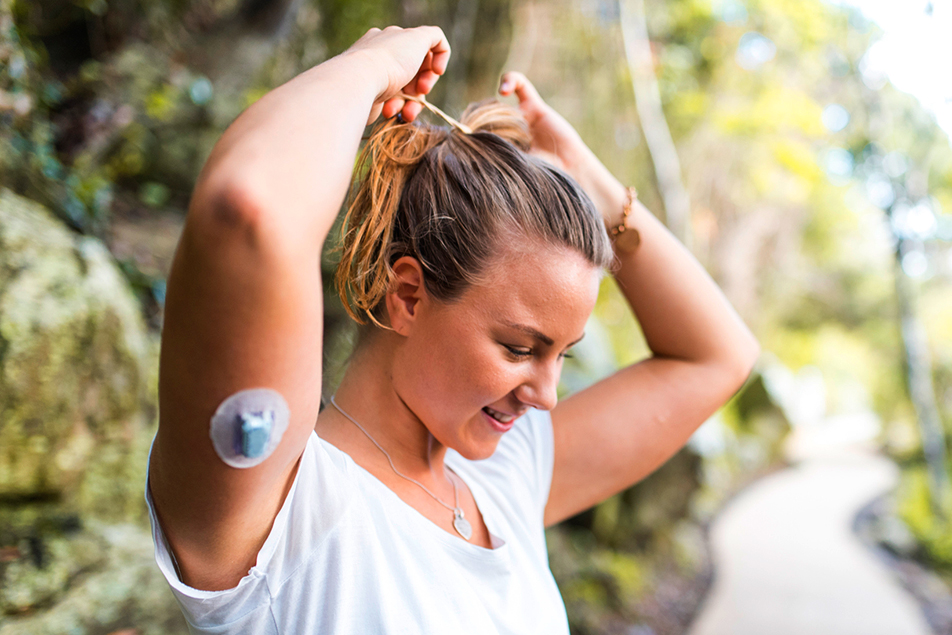
According to the Centers for Disease Control and Prevention (CDC), diabetes is the seventh leading cause of death in Indiana. In 2018, 12.5% of Hoosiers were told they have diabetes, including 1.2% for gestational diabetes and 9.4% for prediabetes. Emily Schroeder, MD, PhD, Medical Director for Diabetes Strategy, PPG – Endocrinology, has more information for those dealing with the reality of a new diagnosis and advice for finding a new normal.
A diagnosis of diabetes can be very stressful and overwhelming. People often worry about what this means for their future health and whether they will go on to have complications from diabetes. People can be overwhelmed by all the new things they have to learn and do – monitoring blood sugars, learning about carbohydrates and insulin, taking new medications and changing your diet and lifestyle.
Diabetes distress
Stress related to diabetes is so common that it has been given its own name: diabetes distress. Diabetes distress shares some features with depression, anxiety and general stress, and is attributed to the strain and emotional burden of living with a chronic condition that requires a high degree of self-management. It can include symptoms like worry, frustration, burnout and even guilt. Diabetes distress is common – 18-45% of individuals with diabetes report experiencing it. There are screening tools that are used to diagnose diabetes distress.
Coping with a new diabetes diagnosis
After a new diabetes diagnosis, it’s important to take time to adjust. Sometimes these coping skills can be helpful:
- Talk with other people who have diabetes. Hearing about their experiences clues you in on what to expect. It can be helpful to talk with somebody who has “been there” and can share first-hand how diabetes has affected them. They can also assure you that you aren’t alone in your feelings and experiences.
- Set aside time to relax. This can include listening to music, reading, going for a walk, meditating, practicing deep breathing and talking with a friend. Find something that is relaxing for you.
- Don’t expect to be perfect. Diabetes is a lifelong illness, and some days will be tough. Treat each day as a new day. When trying to make changes, set small, achievable goals, instead of trying to tackle everything at once.
- Practice basic healthy habits. Getting enough sleep, following a healthy eating plan and exercising can help you feel better and less stressed.
- Ask for help and seek support. Ask your friends, family and healthcare team for help and support. Often, loved ones want to be helpful, but aren’t sure how. Don’t be afraid to tell them how they can best support you.
- Seek out diabetes education. Sometimes diabetes education services are called DSMES (diabetes self-management and education and support). These can be group classes or one-on-one classes with certified diabetes educators, dietitians, nurses and/or pharmacists. They can provide valuable information that can give you the tools to be successful in your journey with diabetes.



